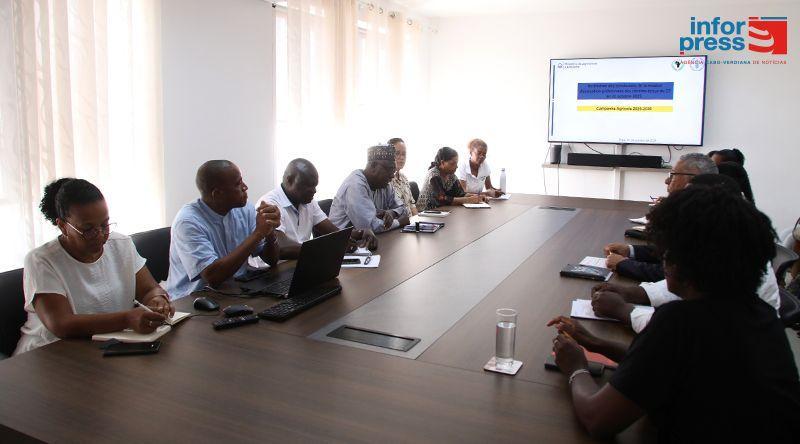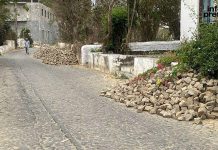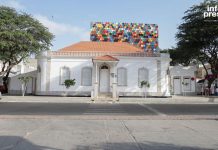Africa-Press – Cape verde. The preliminary assessment report indicates that the 2025/2026 agricultural year will be unfavorable, with a production reduction of approximately 75 percent (%) compared to 2024, the Ministry of Agriculture and Environment revealed on Friday.
This information was released to the press during the presentation of the report from the joint mission evaluating the current agricultural year, which involved a team from the Government, the Inter-State Committee for Drought Control in the Sahel (CILSS), and the Food and Agriculture Organization of the United Nations (FAO).
According to the coordinator of the multidisciplinary monitoring and evaluation working group, Celestino Tavares, the preliminary analysis of the campaign was based on four parameters: maize production, beans, pastures, and water availability.
“October is the last month of the rainy season, and every year in the last week of this month and the first week of November, we carry out the preliminary assessment of the rainy agricultural campaign,” explained the official.
Preliminary data indicates a production of 1,074 tons of corn (approximately 4,900 in 2024) and 1,168 tons of beans (approximately 6,000 in 2024), which, overall, represents a 75% decrease for these two products compared to the previous year.
Regarding pasture production, Celestino Tavares indicated that, although there is “good” production in the high and intermediate zones, it is “weak” or “almost non-existent” in the coastal, arid, and semi-arid zones.
As for water availability for horticulture, he stated that there was significant surface runoff in Santiago, which is the island with the largest area of temporary irrigation.
However, the coordinator presented data from the National Water and Sanitation Agency (ANAS) that guarantees the “normal” recharge of boreholes and some water availability in certain dams, especially on the island of Santiago, which could “mitigate the effect of potentially low corn and bean production,” allowing for horticulture practices in some riverbanks.
“In fact, the final evaluation of the agricultural campaign is done in March of next year. At this moment, we are conducting a preliminary assessment to provide information that will serve for decision-making,” he clarified.
Based on the results, Celestino Tavares affirmed that a set of recommendations has been drawn up, including the rational use of water in dams, the reinforcement of local technical assistance to farmers, the collection and conservation of pastures for animal feed, and the continued promotion of biological control against the main dryland pests.
For More News And Analysis About Cape verde Follow Africa-Press






